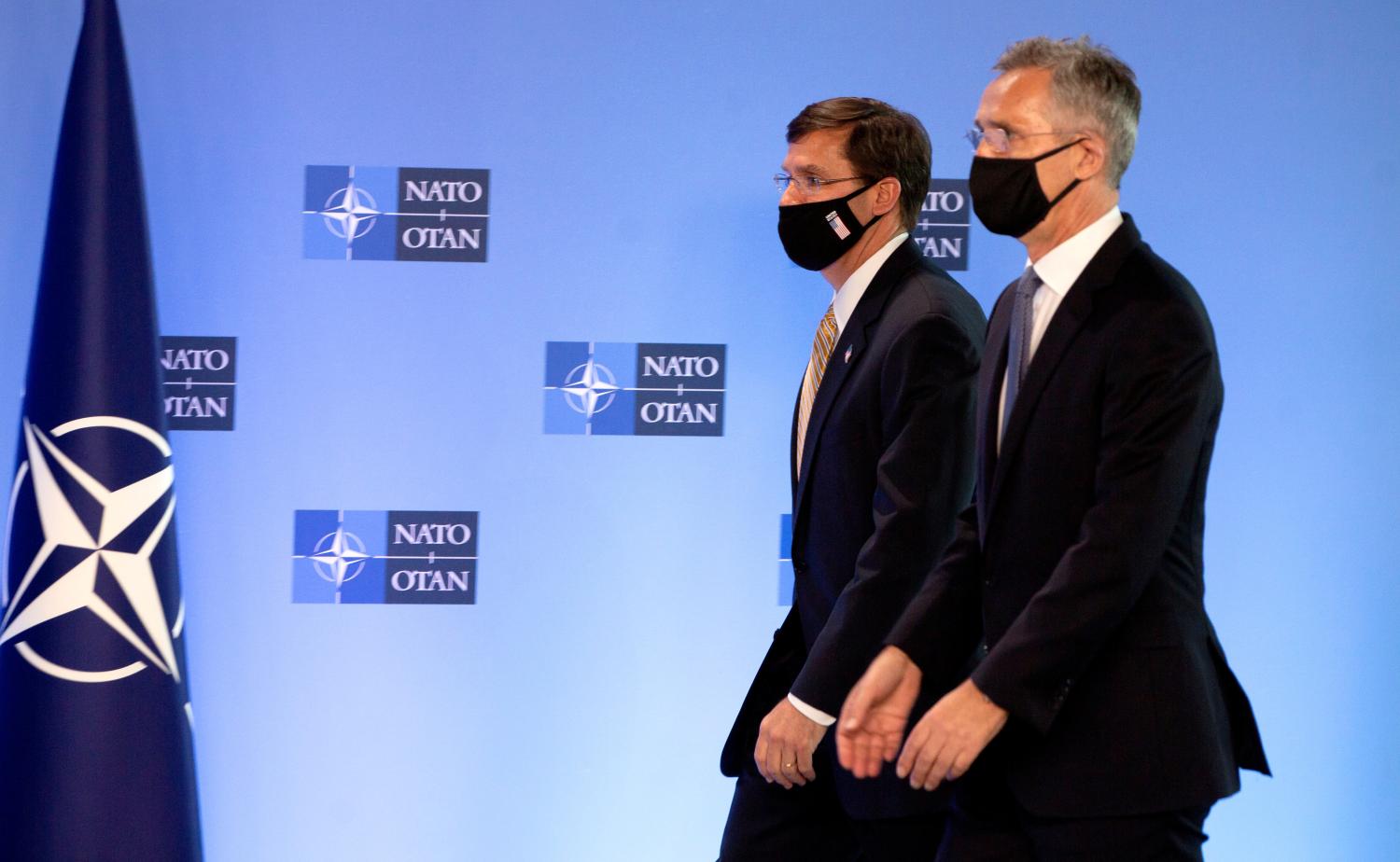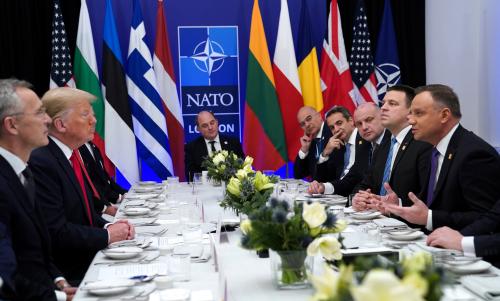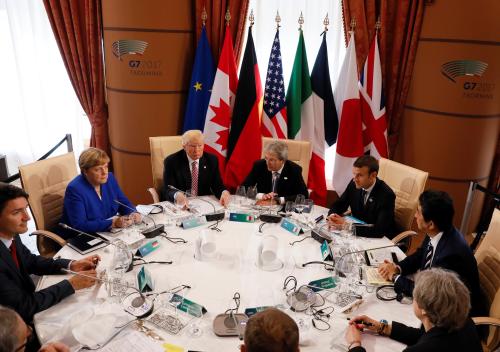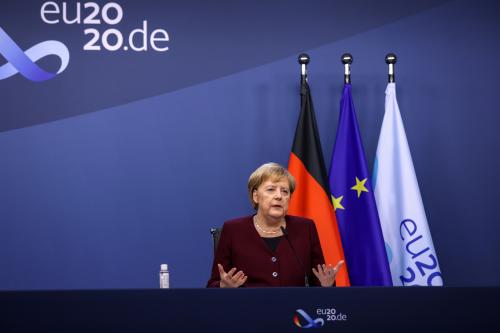Executive Summary
With the outbreak of COVID-19 pandemic, for the first time in its history NATO had to face an attack against each of its member states at once. Given the backdrop of political tensions within the alliance in the past few years, there were not many reasons to be optimistic about NATO’s response, especially at a moment when trans-Atlantic allies were failing to coordinate on travel restrictions and competing over supplies of medical equipment. In spite of this, NATO was able to leverage its experience in crisis management and disaster relief to provide two kinds of responses.
First, NATO focused on ensuring the continuity of its operations while protecting its personnel, to prevent the health crisis from impacting readiness. Most NATO missions were preserved, but some encountered temporary suspensions. Military drillings were redesigned, including the U.S.-led NATO exercise DEFENDER-Europe 20, to prevent further spread of the virus through movement of ground troops. In addition, NATO’s public diplomacy branch multiplied efforts to counter disinformation from China and Russia.
Second, amidst a low point for international cooperation, NATO set up a COVID-19 Task Force aimed at coordinating the delivery of medical aid across and beyond the territory of the alliance. Such actions, although performed through the means of NATO member states and relatively limited in scope, were an important testimony of the reactive capability of the alliance and of solidarity between member states. Yet, it is reasonable to imagine that more could have been done if the organization did not have to overcome political tensions across the Atlantic, and member states had cooperated from the beginning under the leadership of NATO’s strongest member.
From this experience NATO could draw important lessons, from improving resilience to external threats to investing in readiness for catastrophic scenarios like a global pandemic. The fact that COVID-19 will continue disrupting the global economy and supply chains will have a negative impact on countries’ defense spending and defense industries. However, given the resilience the alliance has shown so far, COVID-19 will not be the determining factor for the future of NATO. Instead, the chances for NATO to operate efficiently vis-à-vis growing global challenges will ultimately depend on a relaunch of trans- Atlantic relations.






